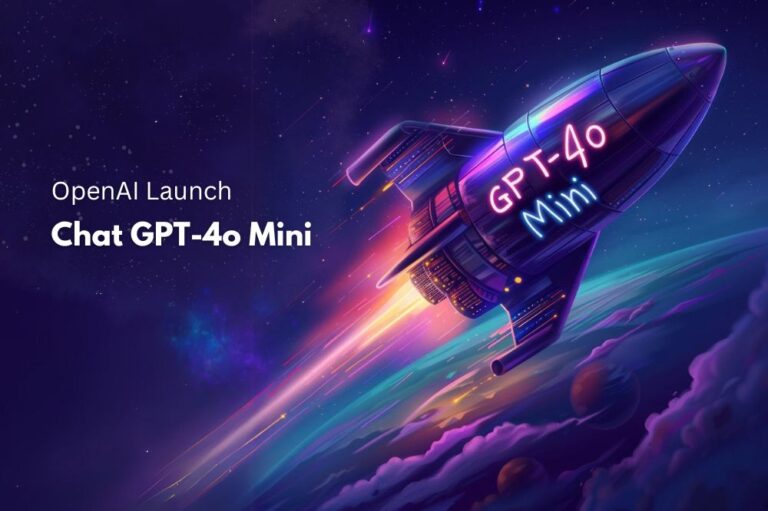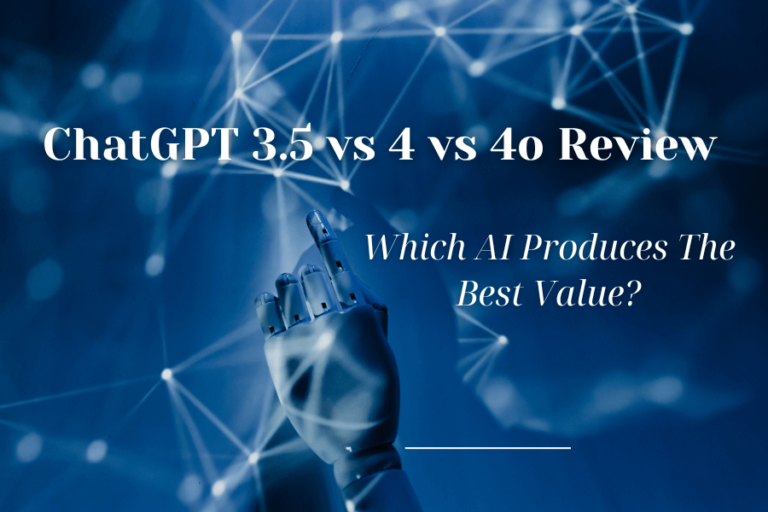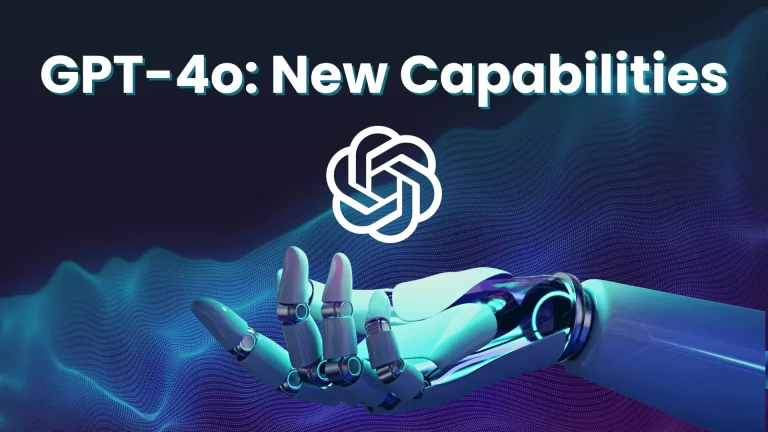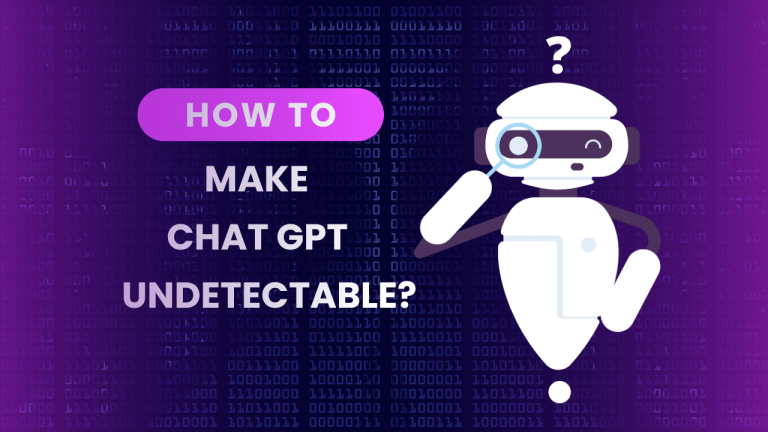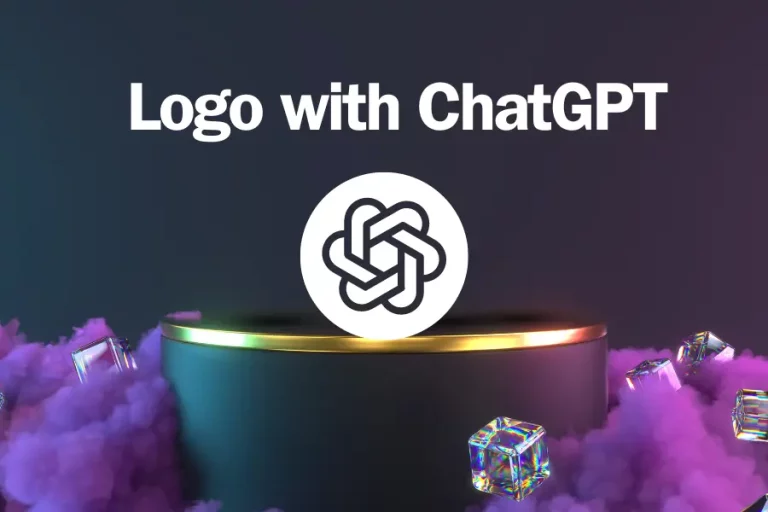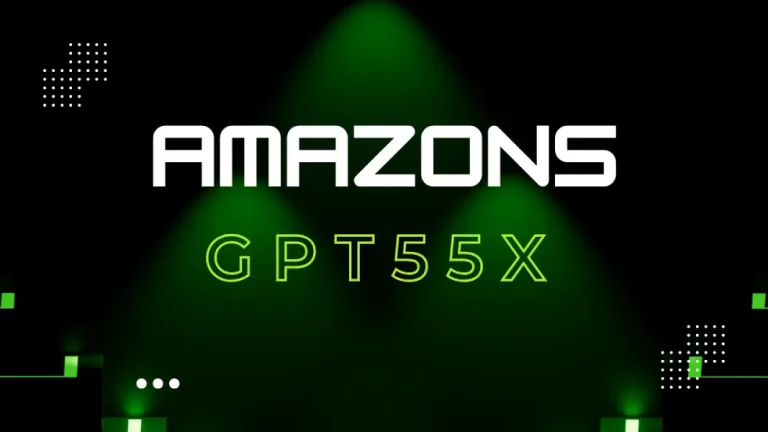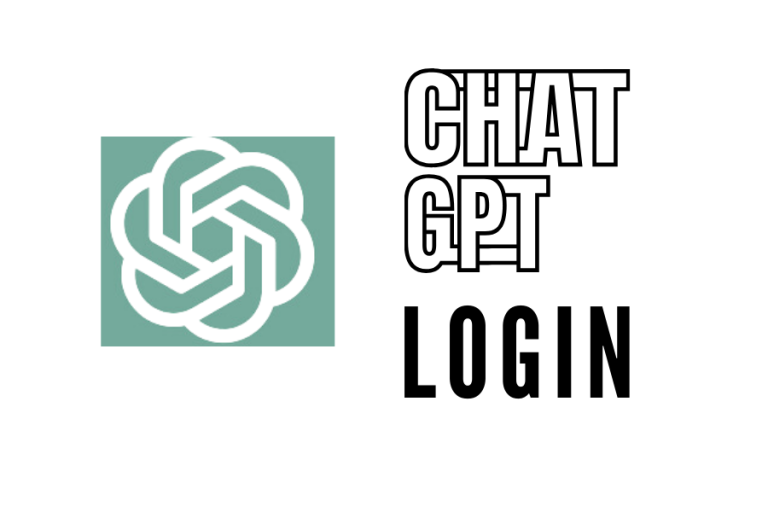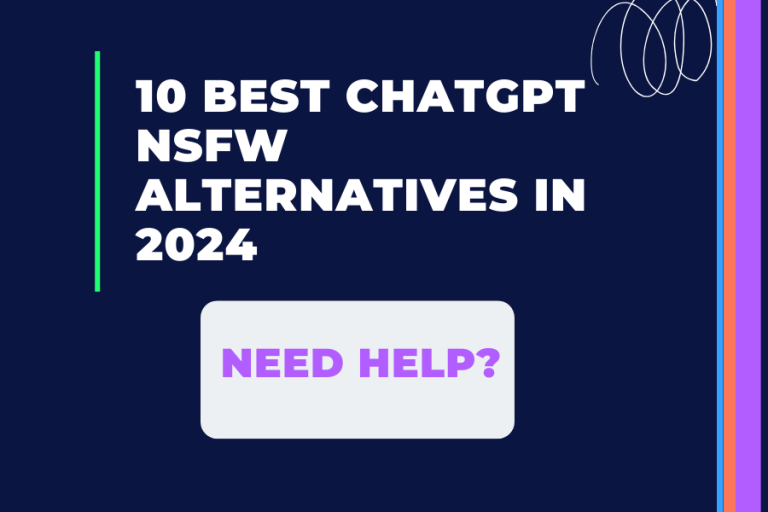Can Canvas Detect ChatGPT: Ensuring Academic Integrity
Canvas is a widely used learning management system. It plays an essential role in maintaining academic integrity in education. With growing interest in artificial intelligence content, the question arises: “Can Canvas detect ChatGPT?”.
Follow our article to find out the answer!
Can Canvas Detect ChatGPT?
The short answer is No, Canvas cannot recognize ChatGPT activity.
While Canvas doesn’t explicitly mention ChatGPT content detection, Canvas uses various techniques to identify cheating in writting exams and assignments.
This detector uses assignment analysis techniques, machine learning algorithms, and text comparison methods to identify differences and similarities in student work. In addition, Canvas integrates with external plagiarism detectors to compare with original content.
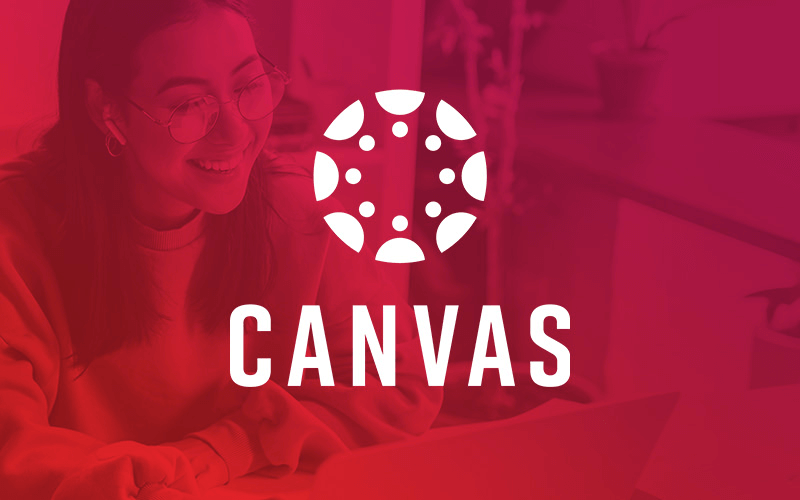
Canvas uses functions such as the Canvas exam log, which records student activity during exams and assignments, providing instructors with valuable data to identify potential cheating.
Furthermore, it uses locked browsers, restricting internet access and preventing students from opening new tabs or windows, minimizing the possibility of finding answers from outside sources.
While Canvas’s measures are intended to improve detection accuracy, it is essential to note that no plagiarism detection system is perfect, and there may be limitations to detection—specific AI-generated content.
So, as AI technology evolves, Canvas adapts and improves its detection to stay ahead of emerging fraud methods.
Read more: Can ChatGPT Be Detected By Universities
How does Canvas detect ChatGPT-generated content?
Explore the methods Canvas uses to detect the presence of the writing of OpenAI:
Canvas quiz log
The Canvas quiz log serves as a comprehensive record of student performance on a test. It collects valuable data like clicks, keystrokes, and time spent on each question.
Instructors can review this log to identify potential fraud, including using ChatGPT. Exam log analysis gives instructors a better understanding of student performance. It allows them to refine teaching methods and test design.
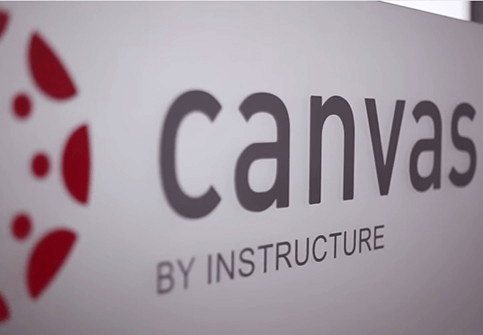
Proctored tests
Canvas provides proctoring tools that allow instructors to monitor students during exams. These tools include live monitoring, recorded monitoring, and automated monitoring. Using these tools, instructors can actively monitor students and detect any attempts to access external sources such as ChatGPT.
Procurement tools play a role in preventing fraud and helping maintain academic integrity. However, it is essential to note that these tools are not perfect and may come with implementation costs.
Lockdown browsers
Lockdown browsers are another practical method Canvas uses to prevent cheating in exams. These specialized browsers restrict internet access, turn off keyboard shortcuts, and prevent students from opening new tabs or windows.
Blocked browsers minimize access to GPT or other external sources by limiting student access to the Canvas website. While key browsers are an effective tool, they depend on students’ stable internet connection and can sometimes present technical challenges.
What Measures Does Canvas Take To Ensure Accuracy?
Canvas uses 5 measures to ensure the accuracy of its plagiarism detection system below:
Content analysis techniques
Canvas uses content analysis techniques to check student submissions and identify potential instances of plagiarism.
These techniques involve analyzing submission and its structure, language patterns, and other attributes to detect similarities with external sources.
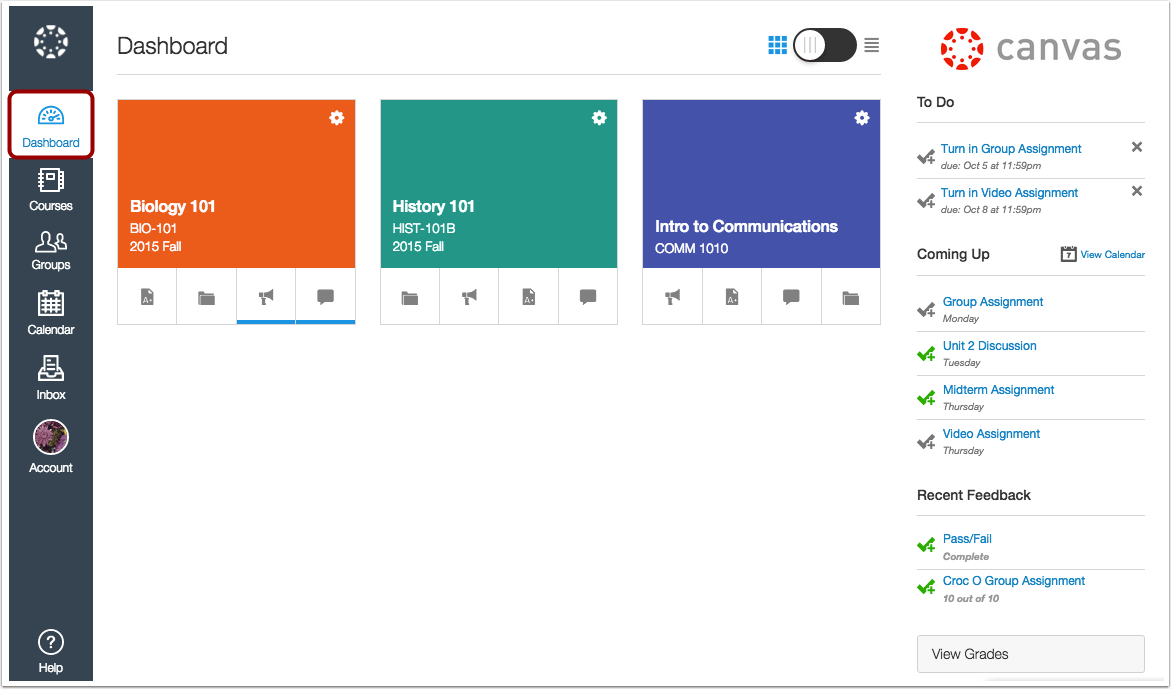
Machine learning algorithms
Machine learning algorithms play an essential role in improving the accuracy of Canvas’s plagiarism detection capabilities. These algorithms are trained on large datasets, including original scholarly articles and known cases of plagiarism.
Leveraging machine learning allows Canvas to continuously refine its algorithms to recognize patterns and pinpoint suspicious content. The system learns from past cases and adapts to new forms of plagiarism, improving its effectiveness over time.
Text comparison methods
Canvas uses text comparison methods to compare student submissions with a massive database of academic resources, including published articles, websites, and other sources.
Using advanced algorithms, Canvas can analyze text granularly, comparing phrases, sentences, and paragraphs to identify matches or similarities with original sources.
Integration with external plagiarism detection tools
To enhance accuracy, Canvas integrates with external plagiarism detection tools, such as Turnitin. These tools provide additional databases and algorithms for cross-referencing student submissions.
Regular updates and improvements
Canvas is committed to regularly updating and improving its plagiarism detection system to stay at the forefront of evolving anti-plagiarism techniques and technologies.
Conclusion
Overall, while Canvas doesn’t explicitly state its ability to detect ChatGPT, it uses various techniques and tools to identify fraud, including AI-generated content.
Combining content analysis, machine learning algorithms, text comparison methods, integration with external tools, and regular updates, Canvas strives to provide educators and organizations with a complete solution to detect and prevent academic fraud.
FAQ
- Can Canvas detect other AI content besides ChatGPT?
No, Canvas currently focuses on detecting ChatGPT-generated content.
- Is Canvas continuously updated to address emerging AI technologies?
Yes, Canvas is regularly updated to address emerging AI technology and maintain its effectiveness in ensuring academic integrity.
- How does Canvas contribute to ensuring academic integrity overall?
Canvas contributes to ensuring academic integrity by providing tools and features to detect and prevent plagiarism, promoting fair and ethical academic practices, and supporting institutions in upholding rigorous standards of education.

